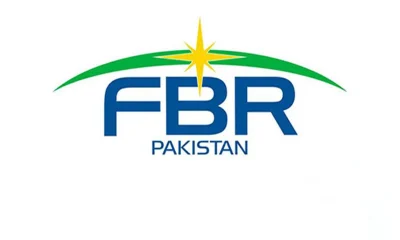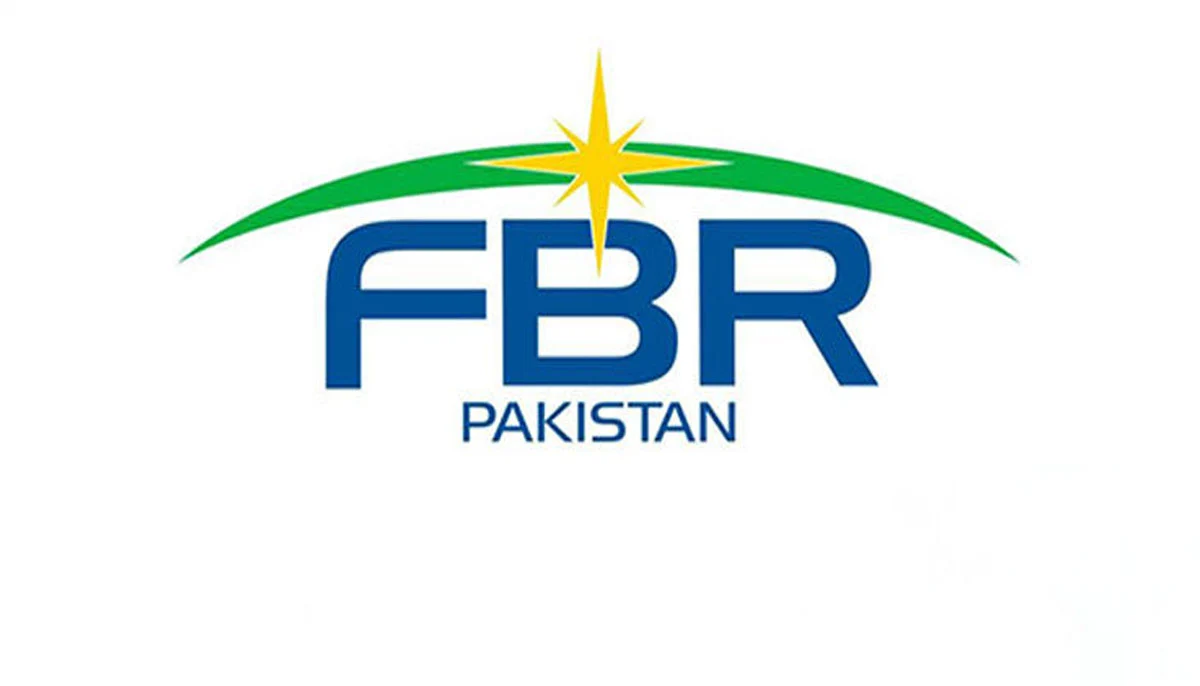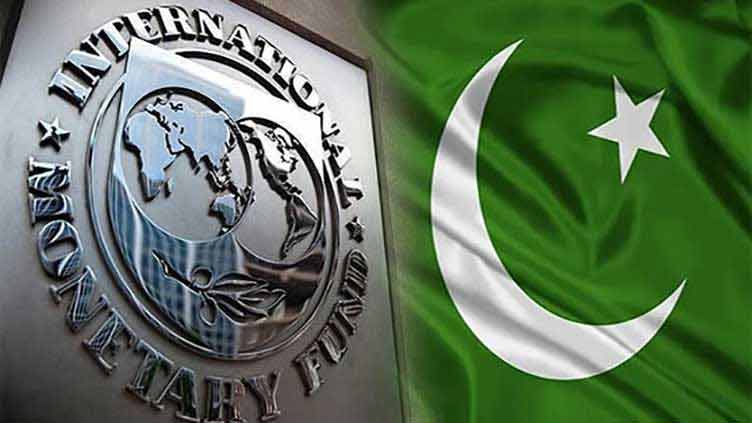- Oil Companies Advisory Council informed OGRA about looming shortage in a letter.
- Under product review, deficit of 210,000 MT of HSD and 147,000 MT of petrol was worked out.
- Says petrol import corresponding to anticipated sales volume and stock cover has not been booked.
KARACHI: The oil industry has communicated to the government about an expected petrol and high speed diesel (HSD) shortage in the coming days due to inadequate imports and limited local availability, reported The News.
The Oil Companies Advisory Council (OCAC), a representative body of the oil sector, has informed the regulator Oil & Gas Regulatory Authority (OGRA) about the shortage in a letter.
The OCAC said that motor spirit/petrol and HSD imports were finalised after extensive deliberation and allowed to oil marketing companies (OMCs) in line with their demand in product availability review of products for the month of November 2022.
Under product review, deficit of 210,000 MT of HSD and 147,000 MT of petrol was worked out. It was highlighted in the meeting that HSD imports in November might be challenging owing to limited availability in the international market and very high premiums; hence so far, only PSO has booked shipments of 220,000 MT & 10,000 MT by Flow Petroleum.
However, it is alarming to note that petrol import corresponding to the anticipated sales volume and stock cover has also not been booked. The import plan should have been finalised by the importers but, so far, there is a deficit in the import plan, the OCAC letter said.
This critical issue was also highlighted in the meeting held on November 1 with the industry representatives; however, no firm commitments have been received from the importing OMCs in writing, it said.
A few OMCs sales for October have been higher than they expected and have been continuously carrying low stocks since October 2022.
The OMCs, which were supposed to bring imports for use in October, received their shipments in the last week of October; hence, product was not available for use during the month it was intended for. Similarly, the OMCs which were allowed imports in the previous month for use next month have already consumed the parcels in advance, the letter noted.
“Keeping in view the ongoing sales trend and the number of days cover currently being maintained by the OMCs, we foresee product availability challenges in various pockets of the country in days to come, due to inadequate imports and limited local avails,” the OCAC said, requesting the regulator to issue necessary directives to the importing OMCs for strict adherence to import plans to avoid a shortage.

 Latest News3 days ago
Latest News3 days ago
 Business21 hours ago
Business21 hours ago
 Latest News21 hours ago
Latest News21 hours ago
 Business3 days ago
Business3 days ago
 Latest News3 days ago
Latest News3 days ago
 Latest News3 days ago
Latest News3 days ago
 Latest News3 days ago
Latest News3 days ago
 Latest News3 days ago
Latest News3 days ago





















